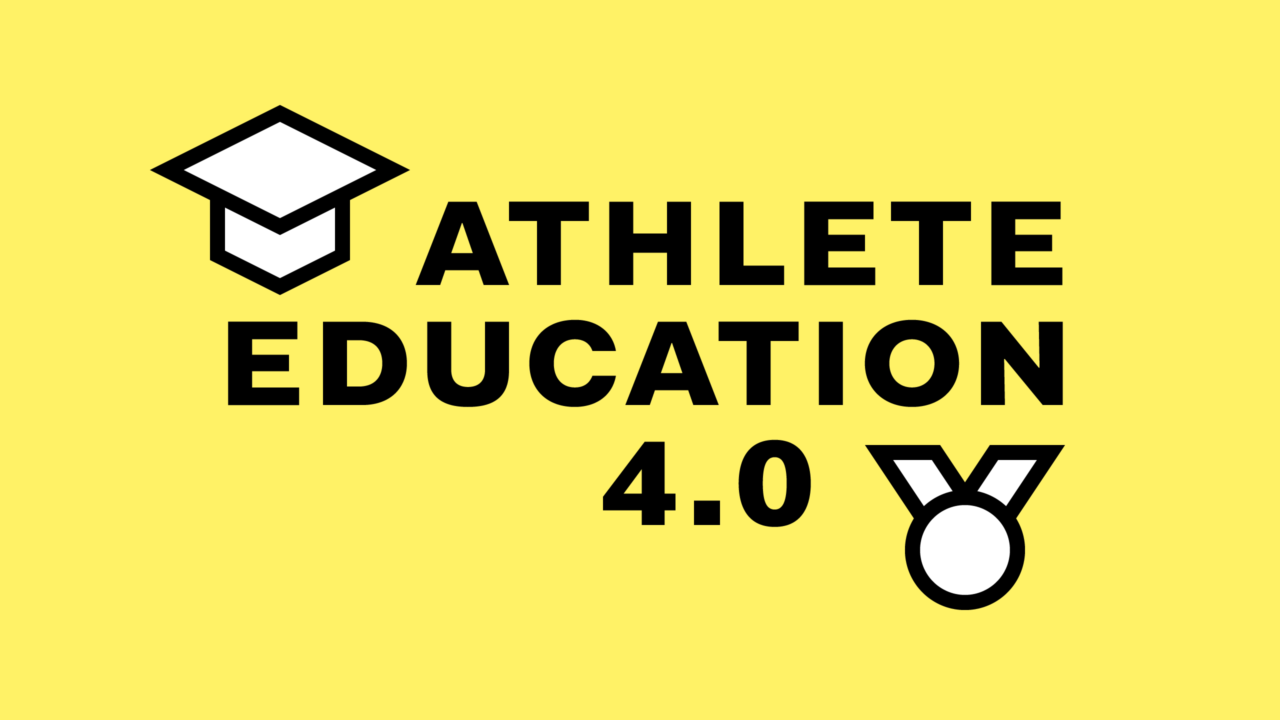Context
Elite athletes are a unique group of individuals that invest a considerable and sustainable effort to achieve excellence in their sport. They are plan- and outcome-oriented, focused on their training and competitions, highly mobile and versatile, passionate and resilient. They also face numerous risks related to their sport, such as isolation, decreased motivation, overtraining, injuries, negative media exposure, or short-term breach of contract, that can lead to drop-outs and a drastic sporting career break. According to Kempf et al. (2021) only 17% of the elite athletes in Switzerland have a total income of more than CHF 70,000, which is below the average salary in Switzerland, and 41% earn less than CHF 14,000 annually. This illustrates an important financial gap and calls for the acquisition of sources of revenues beyond the realm of sports.
Each sport and sporting career stage generates specific needs that can be covered by the close entourage of elite athletes (e.g., parents, coaches, managers, technical officials, and sponsors). These needs revolve around training advice, medical and health care, psychological support, career financing and management, or personal branding. A successful elite athlete career pathway is also influenced by systemic factors such as cultural resources and public policies all of form unique contexts (e.g., relevance and acceptance of sport in a country and decentralisation level of sport policies).
An increasing number of sports organisations and academic institutions have initiated Career Assistance Programs (CAP) or Dual Career Programs (DCP) to help elite athletes combine their sports career with a transition to their post-sports career through academic or non-academic education (e.g., IOC Athlete 365). CAPs include “integrated and comprehensive combinations of workshops, seminars, educational modules, individual counselling, and/or a referral network offering individualised and/or group-oriented multidisciplinary support services to athletes, addressing athletic participation, developmental and lifestyle issues, as well as educational and vocational development” (Wylleman et al. 2004, p. 511). They often include a range of educational and pedagogical tools such as dedicated homepages, videos, e-learning platforms or face-to-face courses. Although DCPs have the same goal as CAPs and can rely on the same tools, they are collaborations with secondary and tertiary education institutes that provide part-time programs, a reduced work-load (study-hours or study extension). In Switzerland, more than 30% of the surveyed elite athletes practice their sport part-time (employment or studies) (Kempf et al., 2021). Since 2021, the Swiss Federal Institute of Sport Magglingen (SFISM) has offered a CAP for the elite sports recruits.
In order to meet the complex sport and non-sport specific needs of elite athletes and enable them to secure their career development and transition, tailor-made learning solutions are necessary. An analysis of CAPs of 23 sports organisations (e.g., National Olympic Committees) by Hong & Minikin (2023) highlights the relevance of individual and customised support and coaching. The content and activities that are used in CAPs are in line with Wylleman et al.’s (2004) definition and current initiatives (e.g., IOC Athlete 365) which mainly rely on the web 2.0 or in certain circumstances, the web 3.0. In parallel, sport is becoming more and more digitalised. Thanks to 5G, the speed and quality of transmission of information and data are growing. Web 4.0 and the use of Artificial Intelligence (AI) could be the next phase toward professionalisation in the sport industry and “a new era of data-driven approaches to training and strategy” (McLeod & Star, 2024, p. 2). Web 4.0 including smart tools/apps based on AI can provide a new and fully unexploited spectrum of possibilities for personalised and decentralised education programs. The International Olympic Committee (IOC) just launched its AI agenda to develop and prepare the Olympic Movement for the future.
Due to a strong diversification of sports and disciplines, elite athletes are considered to be a very heterogeneous group of individuals (type of sport, age, level of training, type of training, language, stage of the athlete’s career, intensity of support from the club/association, etc.). They face different challenges and have different needs to progress in their career. In addition, elite athletes often travel and are highly focused during competition peaks. This leads to a varied amount of time and energy to devote to their education. Successfully completing a standard course or a degree is a concrete and well-documented challenge. Tailor-made initiatives require a lot of resources from institutional and management perspectives and very few have addressed the potential of AI to ensure personalised education. It has the potential to build a new and co-constructed knowledge environment that can be selected and activated according to the needs of complex and non-homogeneous group of learners such as elite athletes.
The aim of this project is to develop a solution to the above-mentioned challenges with a concept for an innovative elite athlete education product including mobile learning, independent of location, time and learning speed, and containing the elements of Learning 4.0 (learning nuggets, gamification, situational learning, self-organisation/responsibility, knowledge sharing). The content will be made available to elite athletes in a situational, practical and individual way in the form of an AI-based app/platform or similar. The athletes will be supported by AI-generated answers, feedback loops and coaches. By analysing elite athletes’ tracks and using big data and AI, the learning process of each individual is observed, analysed and tailored.



